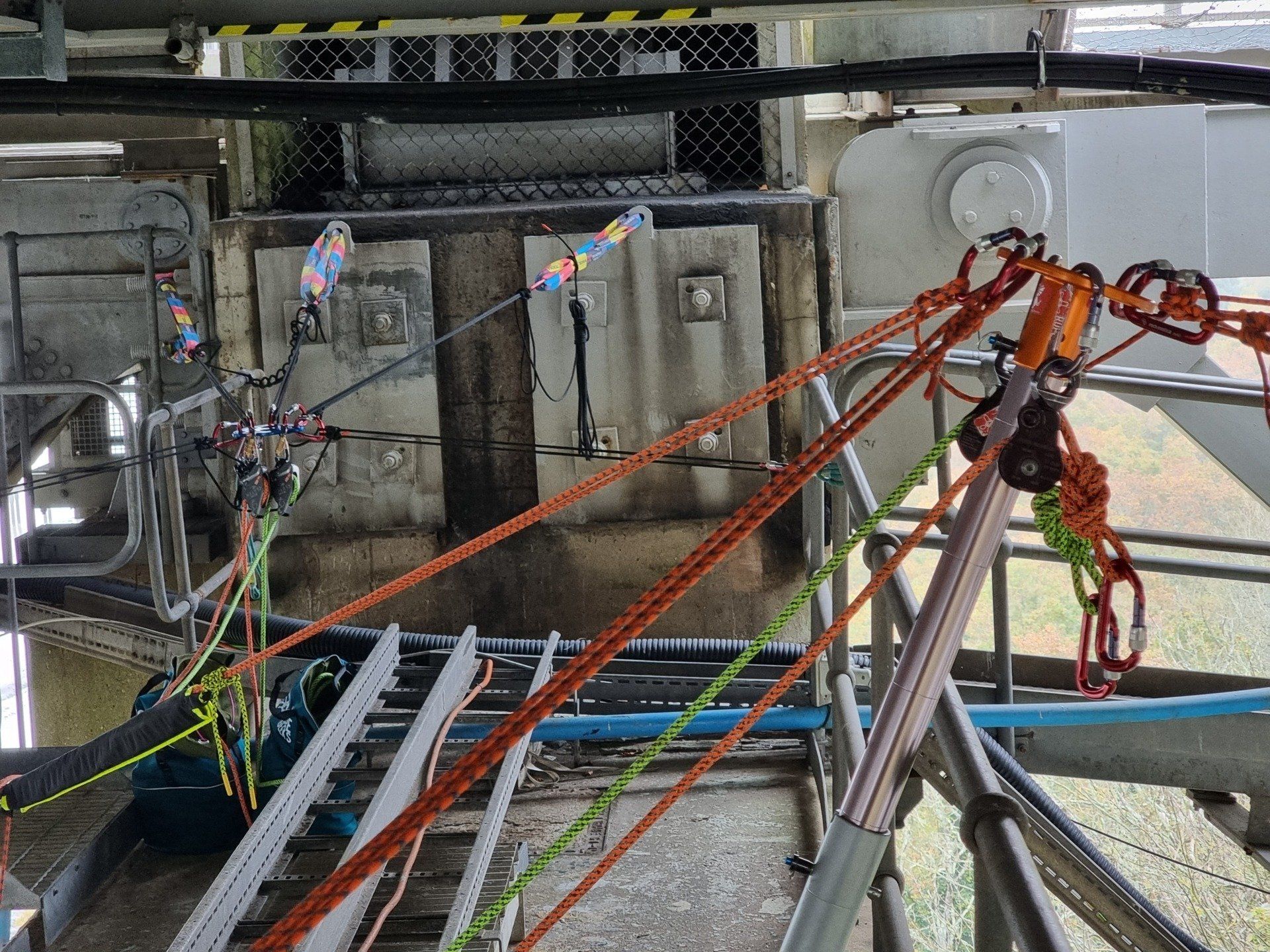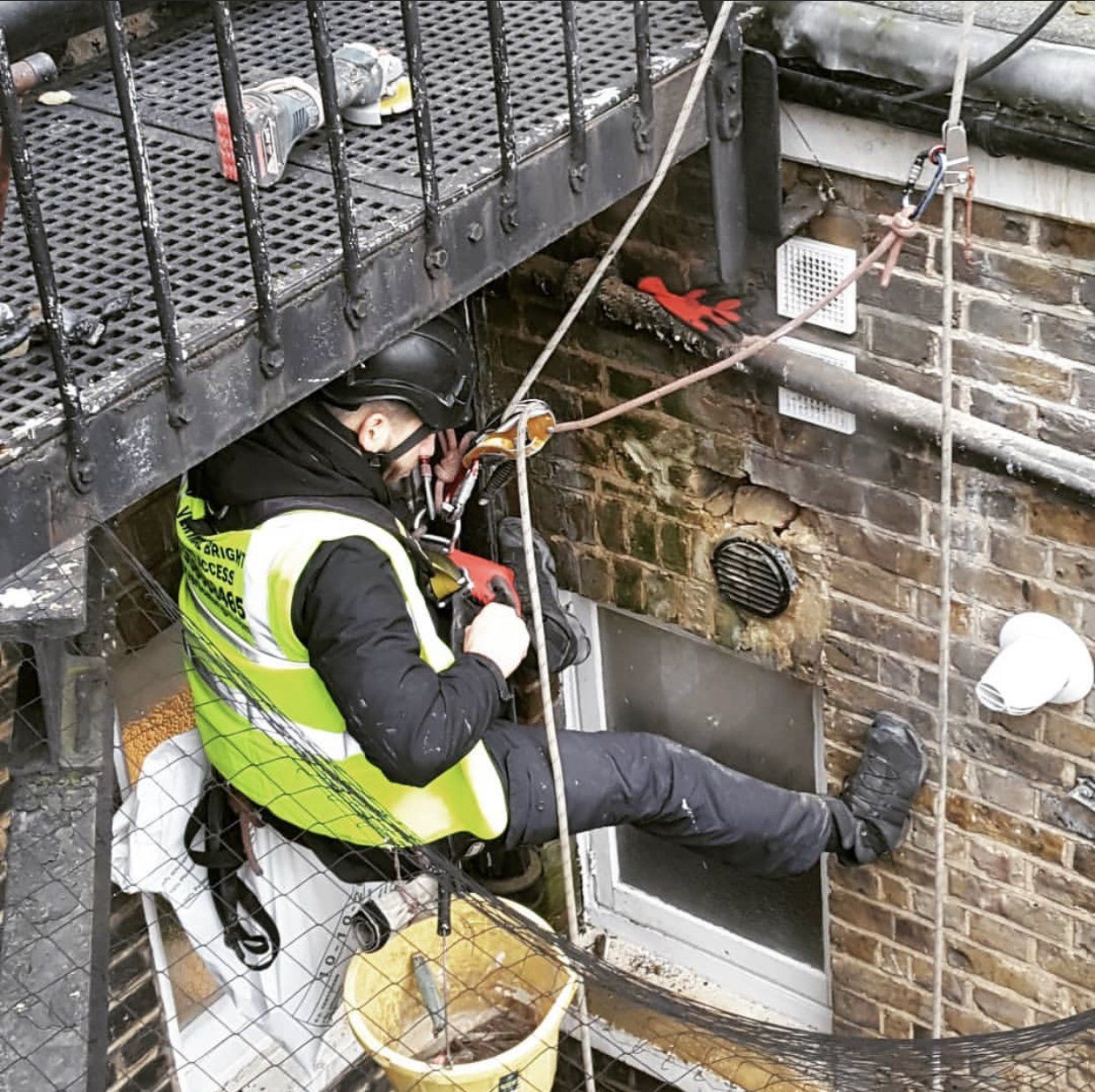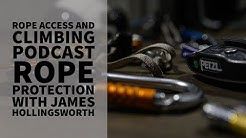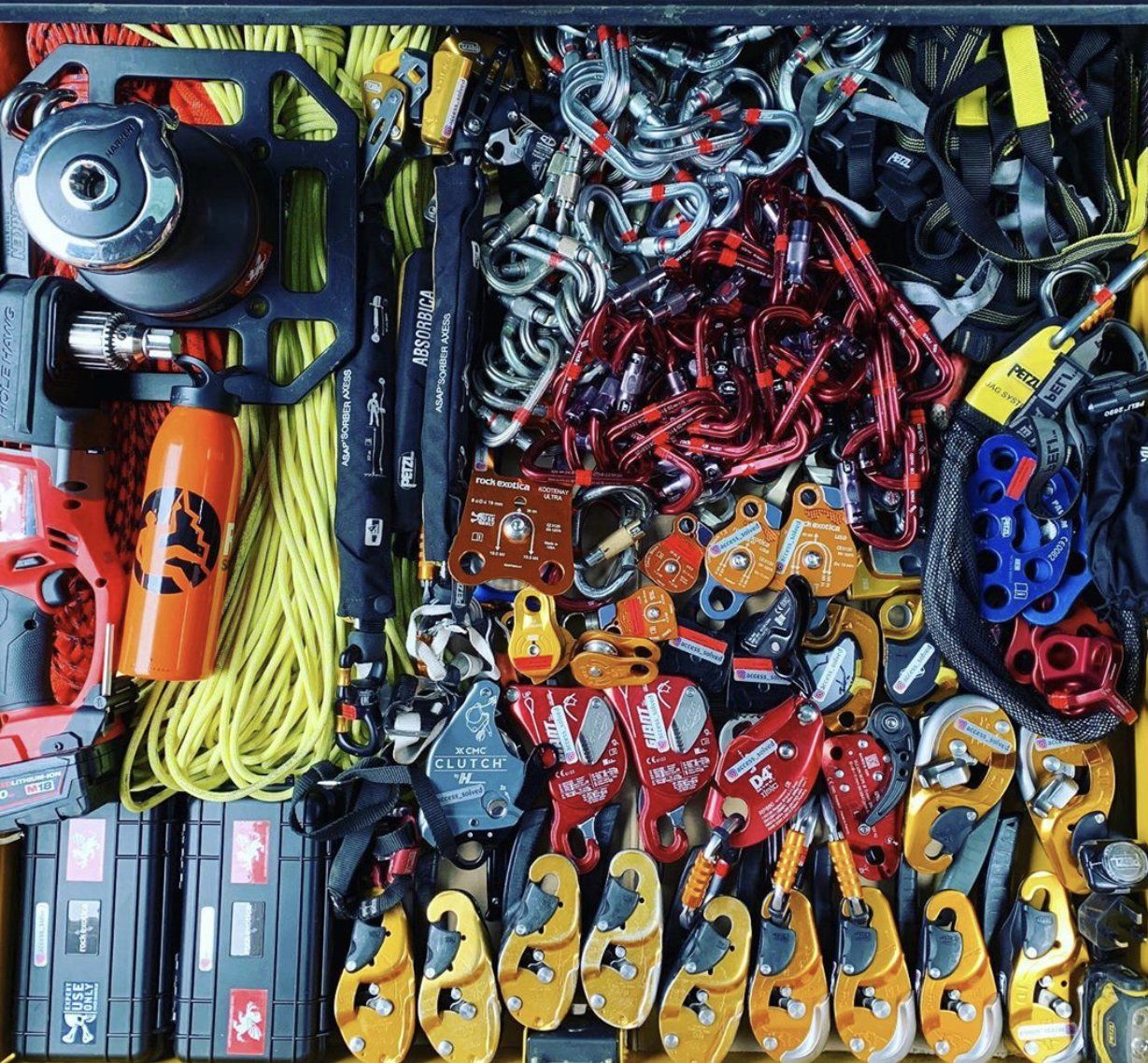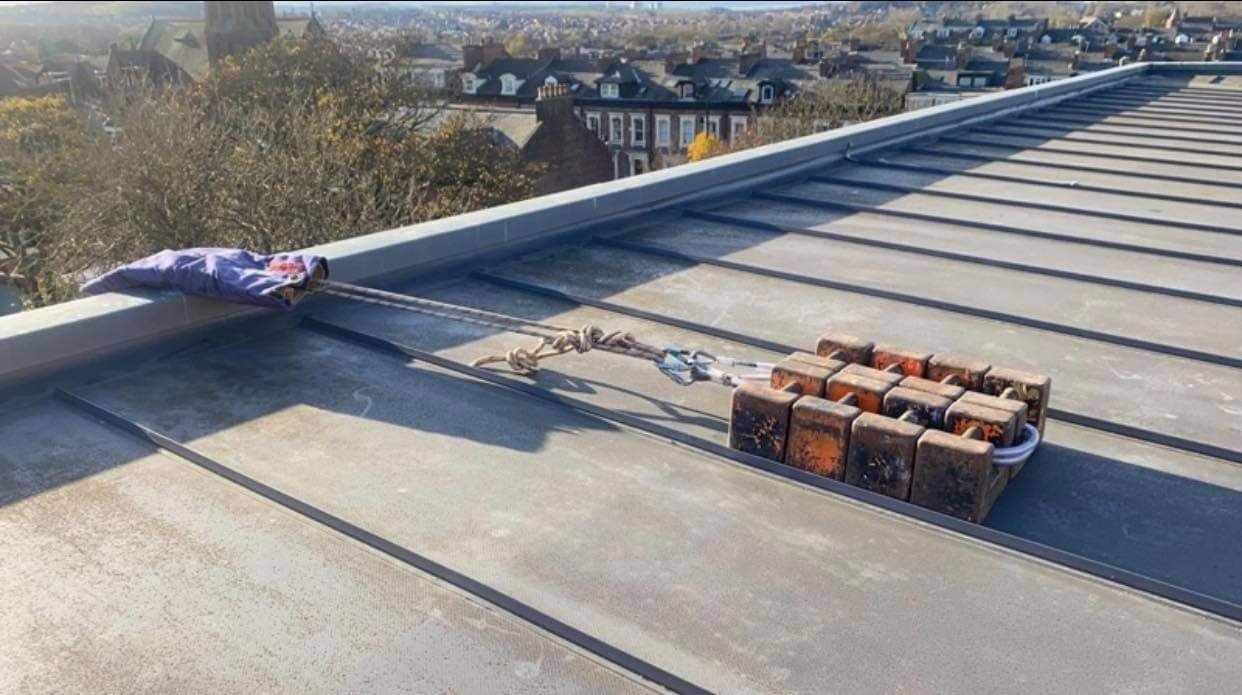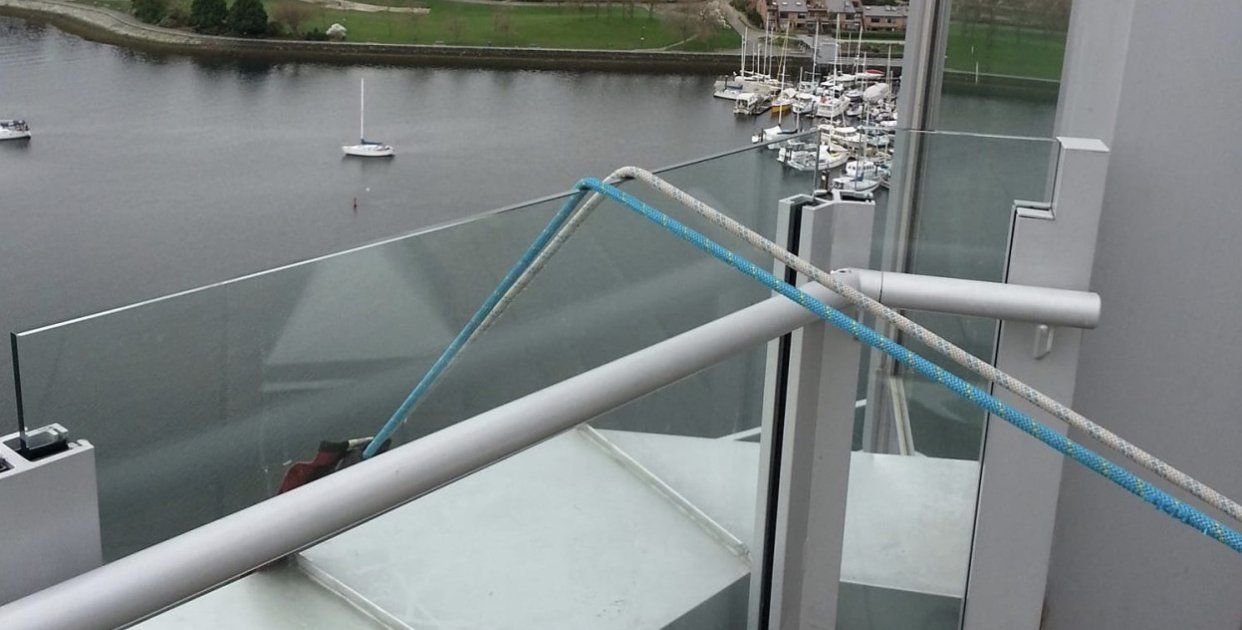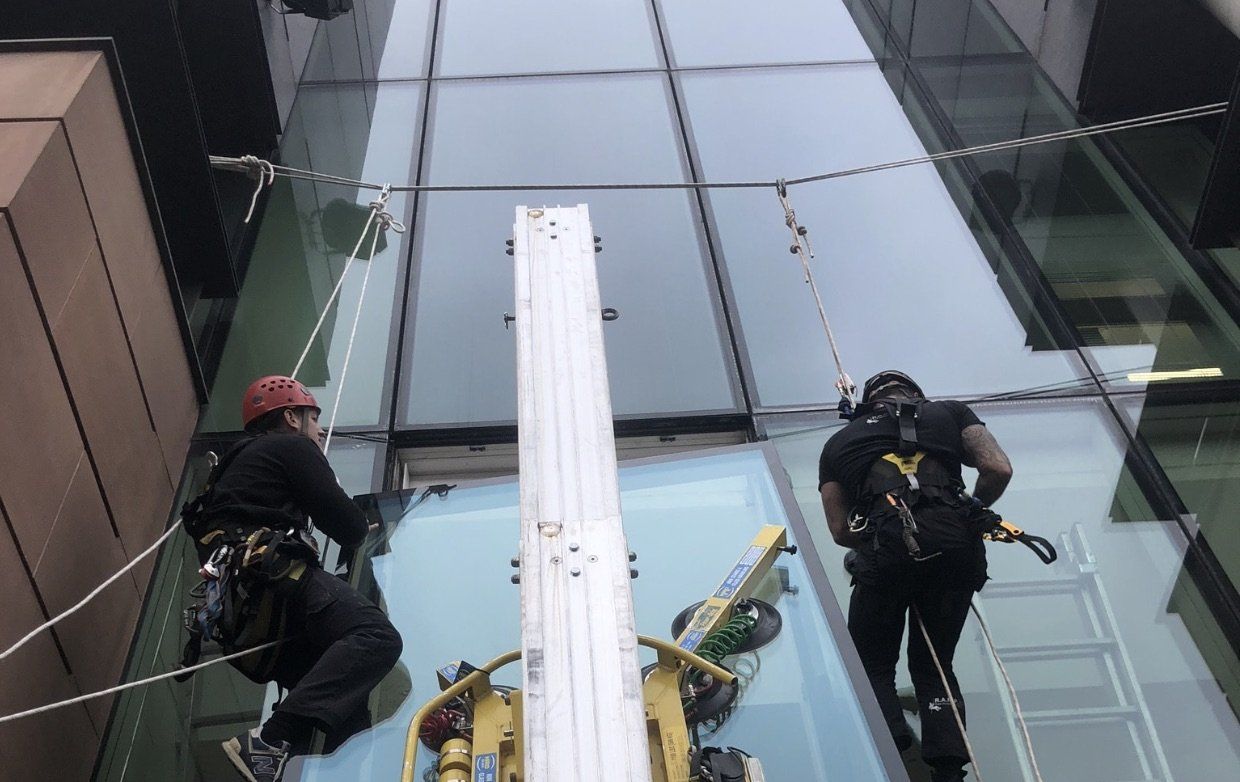How long does competence last?
How long does competence last?
From being deemed competent, How long does that competency last?
If we look at an example of the IRATA system:
"Independent assessments are required every three years at all levels, following a minimum of four days of training, Rope access Technicians not engaged in rope access work for six months or more should attend refresher training". (TACS V4).
So from this does competence only last 6 months in the eyes of IRATA? or is this just a period that 'skill fade' can occur?
The Health & Safety Executive (HSE) describe competence as;
Competence can be described as the combination of training, skills, experience and knowledge that a person has and their ability to apply them to perform a task safely. Other factors, such as attitude and physical ability, can also affect someone's competence.
Since embarking on a new chapter in my Rope Access Life in becoming a Trainee Instructor I haven't yet seen someone come into the training area and not be totally slick and not need any intervention. This ranges from completing rescues, rope manoeuvres and simple rigging. This is not including lack of knowledge in regards to equipment and its limitations, standards, regulations and acts, Hazard identification and Risk assessment.
So we have to ask ourselves:
Do individuals & companies keep their supervisors and technicians competent and current?
When was the last time you undertook refresher training or CPD? this might be aid climbing, rigging more complex rope systems, rescue? You can have things in place to mitigate against risk, such things as pre rigged rescue bags, working system that is rigged in such a way as to raise or lower, but are we keeping the competence level where it should be?
Is three years between re-assessment too long?
Ive expressed my own opinion previously in regards to a yearly re-assessment. A one day run through of rescues and manoeuvres, any updates from IRATA (ICOP/TACS), Safety bulletins and any relevant HSE reports, and maybe even expand on rigging techniques and use of new equipment.
If we take a look at how the HSE describe competence with a combination of training, skills, experience and knowledge. Just as an example if a technician is performing the same task all the time is he building skills, experience and knowledge. For sure but it is a very limited and narrow band. ie Wind turbine blade repair technician on a wind farm carrying out the same rigging techniques and descents.
I have mentioned before if you are a re-assessing Level 3 and you need 4/5 days training before your assessment, does this mean that the week prior to the course you are a competent level 3?
Training Transfer
Training transfer is the ability to apply learnings from an artificial training situation to practical problems on the job. I think this could be a problem within the industry. For example, People learn how to complete a task in a training centre but seem to fail in real world due to: the tasks are more complex, creative thinking is needed, problem solving is needed, learning must be adapted to changing circumstances.
Skill fade - ‘the decay of ability or adeptness over a period of non-use’
Skills fade is the decay of any skill over a period of time when the skill is not practiced. Skill fade in some areas isn’t a problem, but in safety-critical jobs such as rope access it can become a significant risk. It can occur with both cognitive and motor skills.
Skills which have been developed more recently may decay faster and to a lower level in the skills spectrum. If a rope access technician has recently acquired skills (recently gone from L1 to L2), with no prolonged period of development and use, they are likely to fade more than core skills, possibly to a dangerous level.
Obviously this all depends on the individual (Some retain greater than others).
Bad Advice & Poor Practices
As the picture states, Not all advice is good advice. Rope Access is definitely full of opinions. The trouble is when opinion is not built on fact.
It is also a problem when it is built from inexperience and lack of knowledge.
Even in what "should" be the pinnacle of the Rope Access industry (The Members! both training and operational) there are examples of bad advice, poor practice, inexperience, lack of knowledge and even the 3 I's (ignorance, ineptitude & incompetence). A logo doesn't make an expert and nor does a job title.
The reason I have included the above in this is that it is a part of how we all learn and ultimately a route to competence. We learn from others. I have said this before and I stand by it, Find a mentor! Find someone who can take you to your next level and beyond. This may even be a group of people if you are lucky enough. But you need to find an individual/group who fit the narrative.
As always I hope this raises discussion and is thought provoking.
